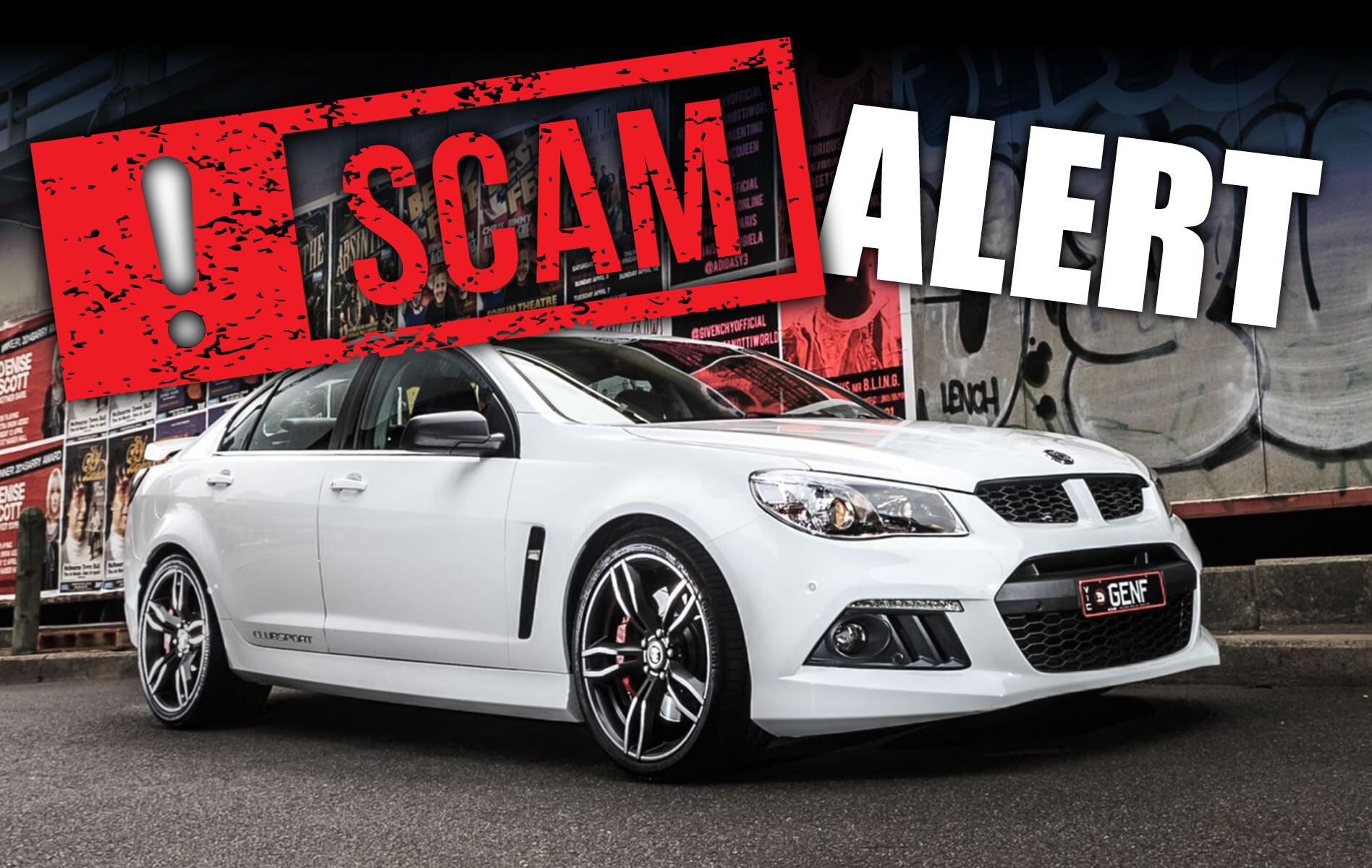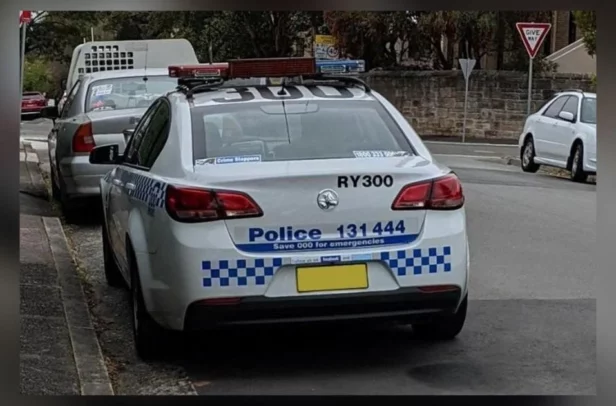Snapshot
- Scams prolific in current high-selling market
- $288,000 lost by Aussies in first quarter of 2021
- Government Scamwatch site offers warnings and advice
Aussie car buyers have fallen victim to scams worth almost $300,000 in the first quarter of this year alone.
According to the Australian Competition & Consumer Commission (ACCC), scammers are posting fake online listings offering to sell in-demand cars at well below market value to lure potential buyers looking for a second hand vehicle.
The crooks are then seeking payment to secure the car for the buyer but never actually deliver the vehicle.
Vehicle scams are increasingly being hosted on sites such as Facebook Marketplace and Gumtree, with $288,000 lost in car-sale scams between January and April 2021. The competitive nature of the classic car market at the moment has changed the game in a way that favours criminals.
A car enthusiast from Sydney, who has asked not to be named, fell foul of such a scam in March this year, almost losing $3500 to a con-artist.
The web-savvy Holden fan, who has an enviable car collection and claims to always properly research the vehicles he’s buying before revamping and selling them on, never thought he would be caught in an online car sales scam.
Anyone who has seen a well-priced classic car for sale on Facebook Marketplace over the past year or two will know the story. If a car for sale looks like a good deal, there will be plenty of competition wanting to buy it, flooding the seller’s inbox with offers of deposits. There is no time to muck around – if you hesitate, someone else will jump in and grab the bargain.
“I saw a nice HQ panel van up for sale on Facey,” he said. “Good paint and trim, tidy engine bay and lots of build photos to back it up. It wasn’t stupidly cheap, but it looked like a fair deal compared to what most people were asking. The number plates were blurred out in the photos, but lots of people are a paranoid and do that,” he told Street Machine.
“I called the guy and we were on the phone for a couple of hours. He knew a lot about HQs and cars in general. Obviously an enthusiast.
“There was a lot of interest in the HQ – no surprise – so he asked for a $1000 deposit to secure it. He sent me a photo of his driver’s licence; it matched his Facebook profile, so I did a bank transfer.
“I was pumped, but then he messaged me back asking for another $2500 to make it a 10 per cent deposit. I did it, got worried and started looking at it a bit more closely. Which I should have done in the first place!
“He said he was in Penrith, but when I zoomed in on one of the photos, you could tell that the van was in Adelaide. I trawled through the #panelvan hashtag on Instagram, and sure enough I found a shot of it with South Oz plates. That led me to the Facebook page of the actual owner.”
The Sydneysider immediately called his bank once he realised he’d been scammed, and luckily it was able to retrieve the second $2500 payment he’d made, but not his initial $1000 deposit.
“I went to the ‘seller’s’ house the next day, knocked on the door and the folks there told me they’d had more than a few people come to collect their new van.
“The cops said the guy was using a stolen driver’s licence and a burner phone to collect deposits from would-be buyers.”
The ACCC Deputy Chair Delia Rickard predicts the cost to the community of online auto scams in 2021 could well top the $1 million reported to Scamwatch last year.
“We want to raise awareness of these scams to reduce the number of people who may be vulnerable to them,” Ms Rickard said.
“A price that is too good to be true should be a warning sign for potential buyers. If a classified ad offers a vehicle at a very low price, the ad might not be legitimate.
“If the seller claims to be unavailable and insists on payment before meeting the buyer or allowing them to pick up their new car, this should raise suspicions.
“Always try to inspect the vehicle before purchase and avoid unusual payment methods. If you have any doubts, do not go ahead with the deal,” Ms Rickard said.
For more tips or to report a scam, visit www.scamwatch.gov.au.





Comments